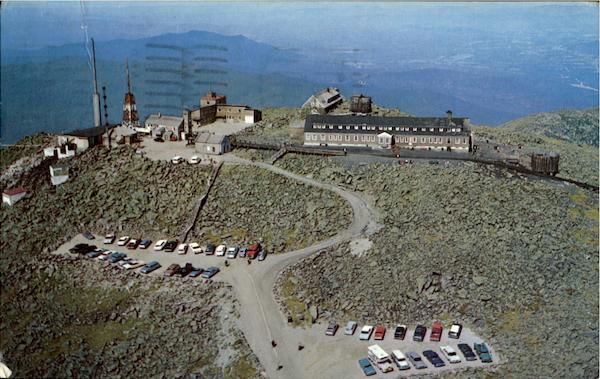So I watched Castaway last weekend. I love survival movies, and though they say no one but Tom Hanks could have pulled that movie off, I don't care, I'd have watched it anyways. Not huge action like The Edge, but I love the Man vs Nature motif, in film and books.
But I've been wondering: if you're thought dead for over four years, what is your legal status? Do any loans or debts you have go away? Sure, banks keep that stuff for a while, but how long? And, if you're dead, do they expedite the destruction of said documents? What about your house? I suppose it gets sold or foreclosed. Your car is likely sold. All your stuff. I guess you come back to nothing, and are supposed to just be glad to be alive and "home," even when home probably means on someone's couch somewhere.
I wonder if there's any legal redress. If your family sold your car, do they owe you money? If the bank foreclosed your house, do they owe you a new one? Are you gonna get busted for not paying your taxes the year you disappeared? I wonder what the legal precedent in this is...
On another topic, I came across this in a comment on this article talking about the drumbeat to war with Iran:
The Prisoner’s Dilemma provides the logical foundation of why civilization must always continue to grow. Each society faces a choice: do we continue to intensify production, adopt greater complexity, and increase the size or scale of our society, or do we happily accept the level we’re already at? If you choose not to intensify, you will be out-competed by those who do–and your lower level of intensity and complexity will become a resource they can absorb to fuel their further acceleration, whether by outright conquest or more subtle forms of economic or cultural exploitation.
This is the underlying logic of Joseph Tainter’s argument concerning collapse in peer polities in The Collapse of Complex Societies. If one peer polity does choose to collapse, that region becomes a resource that can be exploited by its neighbors. Whoever conquers it first will have an advantage over the others in the continuing race of escalation.
(Link to commenter's source: Click [#12])
Which is interesting, not to say discouraging, in an environmental context (obviously, the political context is disheartening enough). How can any society attain to sustainability if we have neighbors who are going to see your stability as stagnation and eventually outcompete and absorb you? Are we doomed to the cancer of the growth economy until we reach the catastrophic tipping point (which we may already have reached: large systems can fall slowly)? Are we completely slaves to the systems we have created, such that we no longer really control them?
Is the economy alive? Is it going to eat us until it falls dead for having no food left? I know I talk a bit on here about individual choice, and that individuals are the only real part of a country that exists, the rest being abstract ideas like "society" "city" "nation" and so on. That's because I come at the world from a psychological angle; yet the sociologists have something to say too. Mob behavior is markedly different from that of individuals, systems are entities in their own right, and have their own emergent properties. The human body cannot be explained purely in terms of the molecules within it, and groups cannot be explained solely in terms of individual humans. Often it seems as if the power brokers of the world are sort of flailing about, caught in the current and merely reaping benefits but not really guiding anything. There is no captain at the helm, and it seems the storm is upon us.
So. What now?




